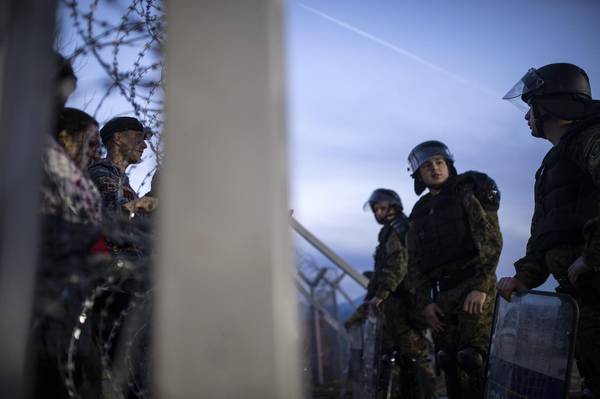Migrants: Slovenia asks EU, Frontex to boost controls
'More regional supervision along barriers'
31 May, 15:33He stressed that the growing number of migrants were arriving from Turkey through Greece, Macedonia, Serbia, Croatia and Slovenia to reach western Europe. And a new route appears to have opened from Greece through Albania, Montenegro and Bosnia, a journey which European border agency Frontex should watch more closely, said Sefic. Although Slovenia is not the main country of destination, many migrants apply for asylum in the country, the first State in the Schengen area along the route. One of the problems is that Serbia has introduced the liberalization of visas with Iran and some African countries: ''This means that these people are entering Serbia in a completely legal way'', continued Sefic. He believes that some 2,000 people did not travel back to Iran at the end of April. A similar journey is also possible from Turkey to Bosnia.
At the moment, Slovenia has registered 50 attempts to enter each day, a number that Sefic has criticized, announcing the construction of new ''temporary technical barriers'' in some border areas, mainly in the area of the Kolpa, the river along the natural border between Slovenia and Croatia, to dissuade migrants from crossing after a few died as they attempted to reach the country.
''We have boosted controls at border crossings because illegal migrants are found on trucks and trains and we give space to measures to compensate inside the country'', he said, in order to fight migrant smuggling networks. The secretary of State stressed that barriers alone can't solve the problem, which requires joint supervision at a regional level. (ANSA).














